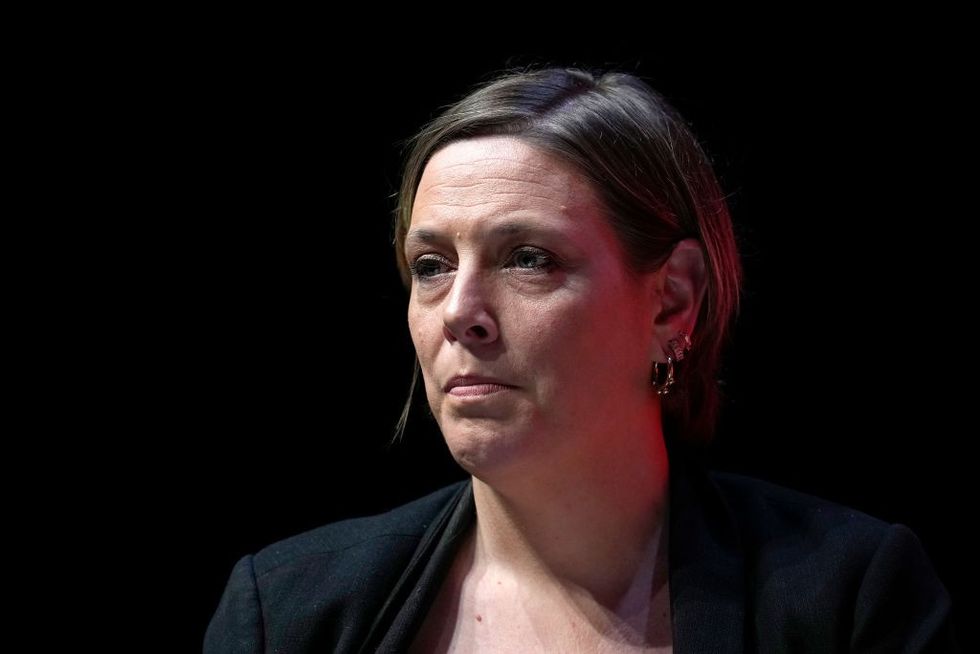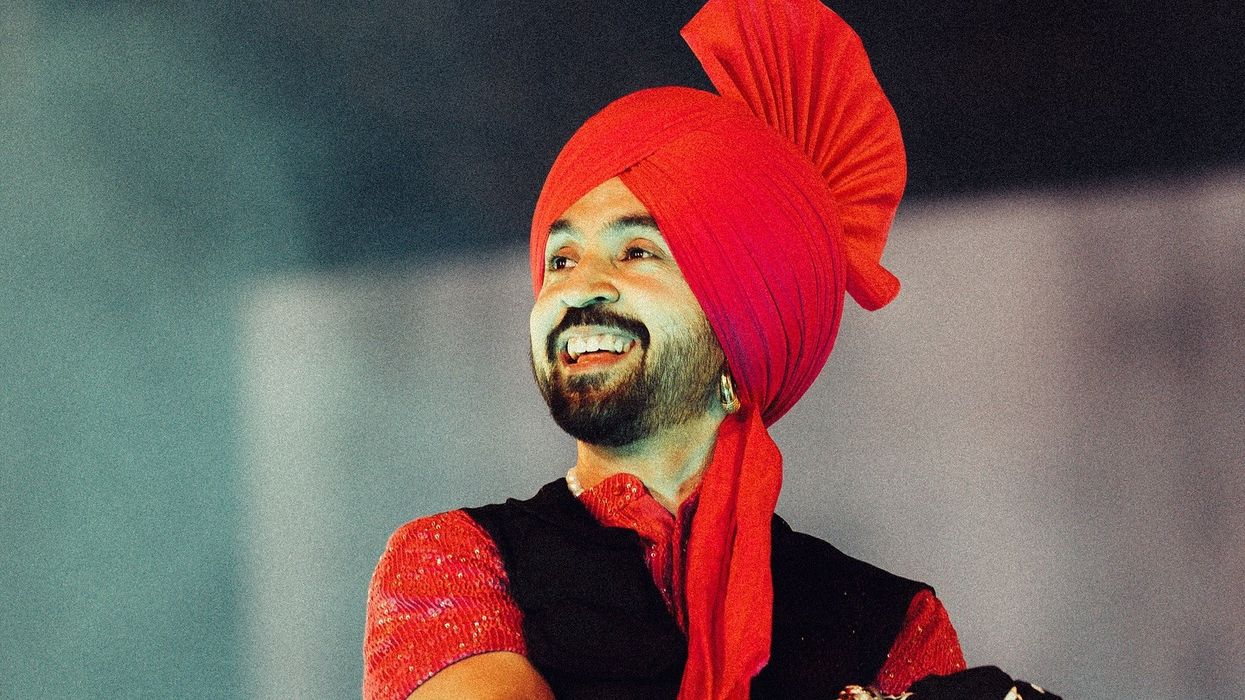BANGLADESH is grappling with its worst outbreak of dengue fever, with hospitals packed with patients as the disease spreads rapidly in the densely-populated country.
At least 14 people have died and more than 17,000 have come down with the virus so far this year, according to official figures, making it the deadliest year since the first recorded epidemic in 2000.
More than 1,400 people have been diagnosed with dengue in the past 24 hours alone, the Health Ministry said on Thursday (1).
Local media reported that at least 50 people had died of dengue.
Hospitals in worst-hit Dhaka, the capital, home to more than 20 million people, are struggling to find space as many with symptoms such as high fever, vomiting and joint pains seek treatment, health officials said.
The government has launched initiatives to control the spread of mosquito-borne diseases, from awareness campaigns to efforts to kill mosquito larvae, Health Minister Zahid Maleque said.
"We need concerted effort to tackle the crisis," he said.
Dengue is common in South Asia, especially during the monsoon season which runs from June to September, and there is no specific treatment, but with early detection and access to proper medical care fewer than one per cent of sufferers die from the disease.
Globally, the number of dengue cases dropped in 2017-2018, but there has been a sharp increase in 2019, especially in Australia, Cambodia, China, Laos, Malaysia, Philippines, Singapore, and Vietnam.
The dengue virus is spread by the Aedes aegypti mosquito which has grown rapidly along with urbanisation and globalisation because it thrives in tropical mega-cities and is easily spread in goods containing small puddles of water.
(Reuters)





 Jess Phillips MP (Photo by Christopher Furlong/Getty Images)
Jess Phillips MP (Photo by Christopher Furlong/Getty Images)










 Claire Coutinho
Claire Coutinho
 Hemandra Hindocha and wife Kirti
Hemandra Hindocha and wife Kirti

From desks to dreams: A journey of girls’ empowerment